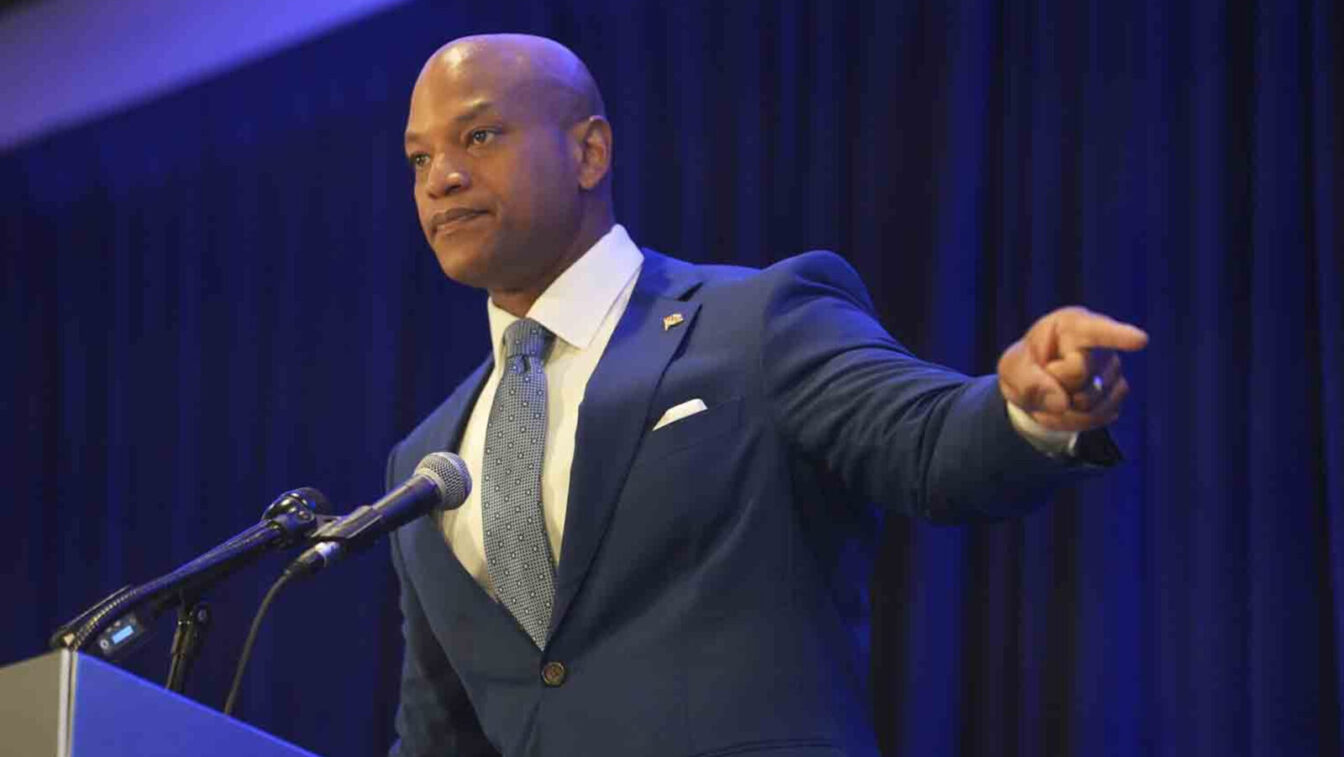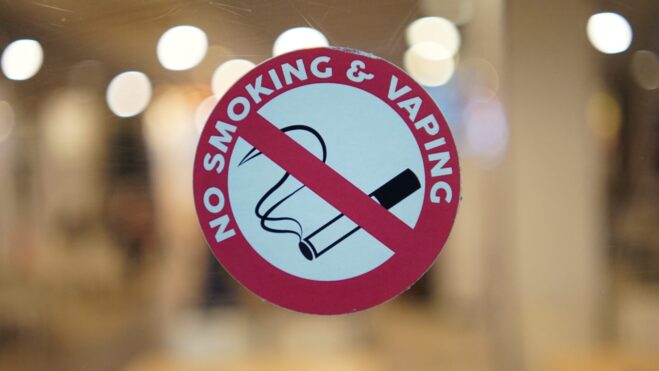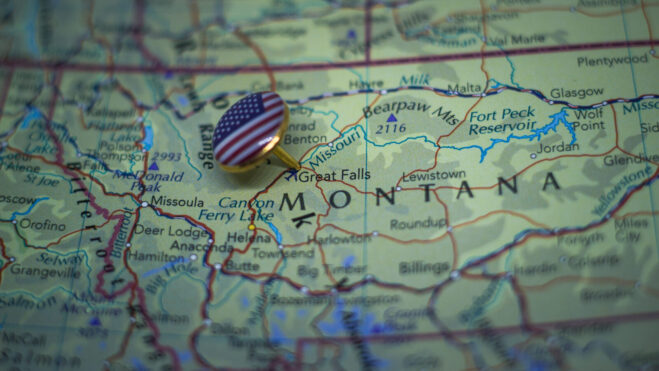Sports Betting Tax Increases: State-By-State Impact Analysis
Rather than legalize iCasino, some lawmakers view raising sports betting taxes as an easier fix
7 min

Another year has come, and it looks to be another year that will go without legalizing online casino gaming in many, if any, states.
There are legitimate concerns about the rise in problem gambling that can come with regulated iCasino. Additional issues persist regarding potential cannibalization of brick-and-mortar casinos. Gambling fatigue cannot be discounted, as the public continues to be inundated with advertising from all angles, with sports betting operators still the largest sources of commercial (over)saturation.
Put all these factors together, and it appears most state legislatures where bills were introduced to add the iGaming vertical in 2025 will remain horizontal with no movement forward.
In iGaming’s place, though, some legislators are turning to a path of lesser resistance: raising tax rates on sports betting. Illinois and Ohio, two large-market states, successfully pushed through higher levies on operators. While there may be gritting of the teeth from the sportsbooks in those jurisdictions, those operators continue to feel — at least so far — that paying higher taxes on their action is better than not having any action at all.
And since imitation is the sincerest form of flattery, other states are reviewing their laws on the books to determine whether they too can wring out a few more dollars in a low-maintenance fashion. Here’s a look at the states that have raised taxes, states that are expected to raise taxes, and states that have proposals to raise taxes in place.
| State | Original Rate | New/Proposed Rate | FY 2024 Tax Revenue | YTD FY 2025 Tax Revenue | Projected FY 2025 Tax Revenue | FY 2025 Tax Revenue with Proposed Rate | Year-over-Year Dollar/Percentage Change vs FY2024 with New Rate |
|---|---|---|---|---|---|---|---|
| Illinois | 15% of AGR | 20% to 40% of AGR | $166,964,765 | $225,503,125 | $434,978,128 | N/A | $268,013,363/160.5% |
| Ohio | 10% of AGR | 20% of AGR | $166,890,287 | $109,543,618 | $179,285,549 | N/A | $12,395,262/7.4% |
| New Jersey (proposed) | 8% of retail AGR; 13% of mobile AGR | 8% of retail AGR; 25% of mobile AGR | $151,105,159 | $92,283,242 | $131,574,883 | $250,795,163 | $99,690,004/66.0% |
| Maryland (proposed) | 15% of AGR | 20% of AGR | $60,311,455 | $61,171,290 | $114,760,441 | $132,623,492 | $72,312,037/119.9% |
| Indiana (proposed) | 9.5% of AGR | 11% of AGR | $43,004,627 | $33,455,360 | $49,419,736 | $57,222,852 | $14,218,225/33.1% |
Part I: Higher rates in place
Illinois
Previous tax rate: 15% on AGR
Current tax rate: 20% to 40% based on revenue thresholds
When Illinois Gov. JB Pritzker proposed more than doubling the sports betting tax from 15% to 35%, he sought to raise $200 million in additional revenue for Fiscal Year 2025. Pritzker received a variant of his ask as late budget negotiations contributed to Illinois becoming the first state with a true progressive tax.
The 20% floor guaranteed some rise in receipts, but most of the intrigue surrounded the 40% ceiling. FanDuel and DraftKings would undoubtedly reach that tier as the state’s top two operators, but how long would it take? The answer was “not very,” as both surpassed $200 million in fiscal-year earnings in December and will be taxed at that top tier through June 30.
The Illinois Gaming Board has reported an increase of $58.5 million in receipts the first seven months of FY2025 versus FY2024. FanDuel and DraftKings account for more than 80% of the $222.3 million in mobile sports betting tax revenue, but Fanatics is proving to be the X-factor that could help meet Pritzker’s ambitious target.
Fanatics has supplanted BetRivers as the state’s No. 3 mobile option, and its $541.1 million handle from September through January is 103.1% higher than predecessor PointsBet. Revenue has largely kept pace — operator winnings are up 95.5% in that span to $48.1 million — and Fanatics is currently paying the state 30% of its adjusted gross revenue.
BetRivers and BetMGM are also likely to reach the $50 million revenue threshold to advance into the 30% bracket before the end of the fiscal year, but the chances of Fanatics reaching the 35% tier — which has a $100 million threshold — will depend on continuing its impressive year-over-year growth and performance in two marquee events, Super Bowl LIX and the NCAA Tournament.
Ohio
Previous tax rate: 10% on AGR
Current tax rate: 20% on AGR
Ohio Gov. Mike DeWine looks to have been rebuffed in his call to double the Buckeye State’s sports betting tax for a second time — he wanted an increase to 40% to help fund stadium renovations and rebuilds in the state — but there is enough evidence to show his initial doubling of the rate to 20% in the first year of business raised extra revenue for Ohio.
Sportsbooks had generated $54.3 million in tax revenue in the first six months of 2023 after launch, but that figure was inflated by the free-for-all in January in which operators provided $320 million in promotional credits and bonuses. That led to $209 million in revenue and $20.9 million in receipts.
It can be argued DeWine’s first tax increase was a punitive one in response to the relentless barrage of advertising by operators — an ongoing conundrum nationwide that has been taken up at the congressional level with the proposed SAFE Bet Act — but operators have largely rolled with paying 20%.
Ohio raised $166.9 million in receipts in the first full fiscal year with the 20% rate, and the $109.5 million generated through the first seven months of Fiscal Year 2025 is running nearly $7.6 million ahead of last year’s pace. The state missed out on a huge potential windfall in January as a result of the Buckeyes winning the College Football Playoff. The 8% hold was the fourth-lowest in 25 months of wagering, and the $81.2 million in taxable revenue was 61.2% lower than the record January 2023 haul.
Part II: States where a raise is likely coming
Maryland
Current tax rate: 15% on AGR
Likely new tax rate: 20% on AGR
The Old Line State may be the best representation of the hopes and unrealized goals of expanding online casino in 2025. Last year, a bill filed to legalize advanced from the Maryland House of Representatives but stalled in the Senate.
Del. Vanessa Atterbeary returned with a similar bill this year, as did Sen. Ron Watson with a companion bill in the Senate. There were adjustments made based on some of the factors that halted the bill in 2024. There was an additional employee displacement fund of up to $10 million as a nod to cannibalization concerns.
Despite those tweaks, both bills are currently languishing in committees of the respective chambers and are likely to remain there when the General Assembly adjourns. In defense of Atterbeary and Watson, the state legislature has turned its attention to banning online sweepstakes casinos — the current cause celebre of state legislators.
But any realistic hopes of iGaming moving forward were scuttled last week when Maryland Gov. Wes Moore announced the framework of the state budget for Fiscal Year 2026. The blend of cuts and tax increases included raising the sports betting tax to 20%. That was well short of the doubling to 30% Moore requested, but it is still expected to generate an estimated $32 million in additional receipts.
Maryland Lottery and Gaming has collected $61.1 million in tax receipts from sports betting in the first eight months of Fiscal Year 2025. If operator revenue remains flat from March through June, the state will have seen an inflow of an additional $24.1 million in revenue for FY 2025 versus FY 2024.
New Jersey
Current tax rate: 13% for online sports betting AGR
Likely new tax rate: 25% on OSB AGR
The O.G. of post-PASPA sports betting, New Jersey has not changed its tax rates — there’s also an 8% levy on retail sportsbook revenue — since accepting its first wagers in June 2018. That has served the Garden State well: It generated a record $141.2 million in receipts in the 2024 calendar year, and the $592.3 million in total tax revenue ranks fourth among all states with commercial wagering.
Gov. Phil Murphy’s pitch to nearly double the online sports betting tax is part of a two-prong ask. He also wants internet casino revenue taxed at 25% — up from 15% — to help generate an estimated $400 million in revenue for the state.
Had the 25% rate been in place at the start of Fiscal Year 2025, all other betting amounts and results being equal, New Jersey coffers would have gained an additional $83.2 million from mobile sports betting. The state would have totaled $175.2 million in receipts versus the current $92 million.
Online casino tax revenue would have soared $169 million with Murphy’s ask, which reflects the reality of New Jersey’s gaming revenue being more digitally driven. Internet casino operators are currently generating revenue at levels equal to or slightly exceeding their brick-and-mortar Atlantic City counterparts.
It would seem unlikely Murphy would sacrifice either rate increase or accept any percentage lower than 20% since the math of his 25% request projects to roughly the $400 million estimate.
Part III: States pondering an increase
Indiana
Current tax rate: 9.5% on AGR
Proposed tax rate: 11% on AGR
Indiana has long been a state that has punched above its weight when it comes to sports betting, which in turn has made it a darling of sorts when it comes to iGaming legalization hopes every winter.
Those hopes were again dashed in February when Rep. Ethan Manning’s HB 1432 failed to get a hearing in the Ways and Means Committee. His bill also proposed more than doubling the sports betting tax rate to 20%.
Currently still in the Senate’s Tax and Fiscal Policy on first reading is SB 394, filed by Sen. Fady Qaddoura. His bill calls for a modest rise in the state tax rate to 11% and is part of a series of gaming tax increases that would raise an estimated $62.8 million in revenue.
The receipts originating from the sports wagering tax increase is estimated to be $7.7 million, which would track had the 11% rate been in place at the start of this fiscal year in July. It would have created an additional $5.3 million in receipts based on the $352.2 million AGR generated by Hoosier State sportsbooks over the last eight months.
Massachusetts
Current tax rates: 15% on retail AGR; 20% on mobile AGR
Proposed tax rate: 51% on AGR
In some respects, Massachusetts Sen. John Keenan’s SD 1657 was saved for last because of the very low likelihood of passage by Bay State lawmakers. But any time a 51% levy gets tossed around, it has to be addressed.
There is no expectation Massachusetts will raise its tax rate to 51% and match New York for the highest in the country among states with multiple operators. But let’s dream with Keenan and visualize a 51% levy. It would have resulted in $154.7 million in additional tax revenue through the first eight months of this fiscal year — not an insignificant number.
The rub here is the type of wagering Keenan’s bill would ban that would impact handle, which in turn impacts revenue, which in turn impacts tax receipts. Banning live betting, for example, would eliminate a substantial amount of handle.
Using Illinois as a template, 62.8% of its $1.47 billion handle for January — $925 million — came via live betting. Eliminating 62.8% of Massachusetts handle for the same month would have left $283.7 million in accepted wagers.
Keenan’s bill would also ban prop bets, resulting in another notable chunk of wagers never made.
The $283.7 million figure coupled with the 12.6% statewide hold — well above the 7% industry standard — would have generated $35.9 million in gross revenue and $35.1 million AGR after the federal excise tax. The resulting $17.9 million in tax receipts would be $912,300 less than the $18.8 million actually reported by the Massachusetts Gaming Commission with a far less robust marketplace.
Keenan’s 51% proposal may be just that, an opening salvo to get invested parties to come off 20% and meet him somewhere in between. But considering Massachusetts is already one of only seven states to surpass $250 million in tax revenue post-PASPA and did so in 25 months and one day of wagering, the senator may not find much support.





